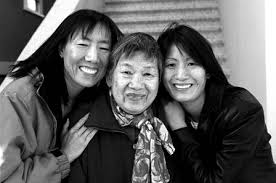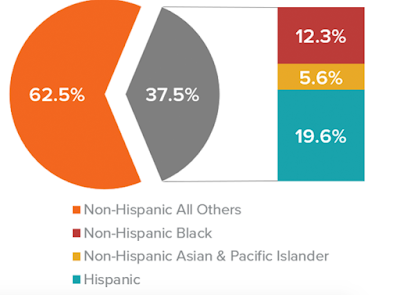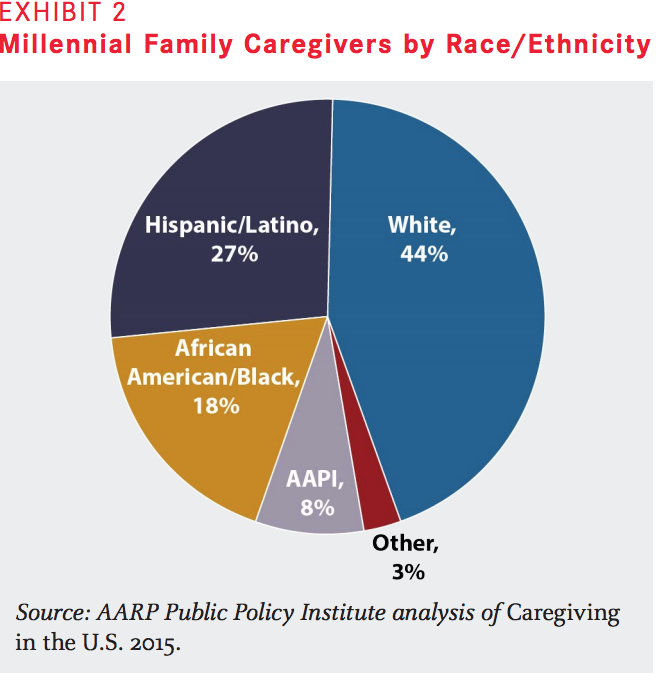
By Ed Diokno, Views from the Edge
Somewhere along the line, I became an elder. The Filipino clerks at my local Island Pacific market began adding the honorific “po” to my name– a sign of respect for senior citizens.
With the Baby Boomers entering retirement in what demographers call the Silver Tsunami, there is a growing concern whether there will be enough workers to add to the social security paid out to the millions of retirees.

That is one benefit of immigrants that we don’t hear about. Immigrant families tend to be younger and of working age. Their payments to social security will help keep that benefit alive and kicking.
One-in-four of the nearly 40 million family caregivers in America is a millennial.

A report from AARP, Millennials: The Emerging Generation of Family Caregivers, spotlights the unique experiences and challenges this generation faces as more support a parent, grandparent, friend or neighbor with basic living and medical needs.
According to the report, millenniums are more likely to care for someone with a mental health or emotional issue — 33 percent compared to 18 percent of older caregivers.
Overall, mental health caregivers face higher emotional, physical and financial strain. Younger caregivers also face challenges in the workplace because they are less understood by supervisors and managers.
On top of spending an average of more than 20 hours a week in their caregiving role, this generation of family caregivers is the most likely to be employed (73 percent).
More than half say their caregiving role affected their work in a significant way, says the report. “The myth that millenniums are self-involved is a stereotype that makes it challenging for millennial caregivers to get the recognition and help they need,” said Daphne Kwok, AARP Vice President of Multicultural Leadership, Asian American and Pacific Islander Audience Strategy.
“When the responsibilities of caring for family falls on its younger members, it impacts them at a pivotal point in their lives when personal relationships and professional networks are being formed.”
According to the report, most millennial caregivers (65 percent) care for a parent or grandparent and more than half are the only one in the family providing this support. Millenniums are also the most diverse group of family caregivers to date.
- More than half of Millennial family caregivers are Asian American/Pacific Islanders, African American/Black, or Hispanic/Latino.
- About eight percent of millennial family caregivers are AAPI, but they make up about three-in-ten (30 percent) of all AAPI caregivers.
- The majority (64 percent) of AAPI millennial family caregivers are women.
- AAPI millennial family caregivers are more likely to be a “higher hour” caregiver (providing care more than 20 hours a week) than the average millennial caregiver, 31 percent compared to 26 percent.
Millenniums are defined as those born between 1980 and 1996. Data from the report is based primarily on the 2015 Caregiving in the U.S. study.
In my suburban neighborhood, we are a street of mostly immigrants and multi-generational households. Three generations living under one roof, is common. This is a contrast from the last half of the 20th century. When many of the Baby Boomers were moving away from their hometowns to the regions of the country with the best job opportunities, they often had to raise their families without the support systems offered by grandparents, aunts and uncles.
The families from Latin America and Asia find that not only are there economic benefits of multi-generational homes, the social benefits provided by the interactions between younger and older residents help the mental health of all the generations.
To read the full report, click here.
AsAmNews has Asian America in its heart. We’re an all-volunteer effort of dedicated staff and interns. Check out our Twitter feed and Facebook page for more content. Please consider interning, joining our staff or submitting a story.




